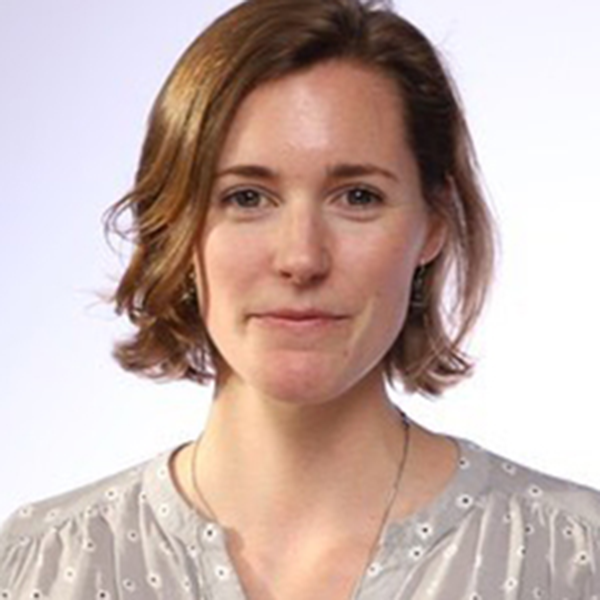

Nina works with BSR member companies across industries, on climate topics such as climate scenarios, TCFD, and decarbonization and net zero transformation. Nina also works with companies across industries on developing robust sustainability strategies and conducting materiality assessments, among other topics. Prior to joining BSR, Nina worked with a mission-driven consumer products company that makes menstrual products for women. There, she helped to create a long-term strategy to establish its leadership in sustainability, social impact, and health. In her early career, Nina worked at an environmental health advocacy firm in Maine and collaborated with industry leaders to remove harmful chemicals from food products. She also worked at a landscape architecture firm, promoting climate resilience through parks in New York City. Nina holds a Master of Environmental Management from the Yale School of Forestry and Environmental Studies, a Master of Public Health in Environmental Health Sciences from the Yale School of Public Health, and a B.A. in Environmental Policy from Colby College.

Adam works with BSR member companies across industries on sustainability management, including stakeholder engagement, materiality, strategy and reporting, among other topics. Prior to BSR, Adam was a thematic expert on the Sustainable Development Goals (SDGs) with the International Institute for Sustainable Development, focusing on the linkages between climate, development, business, and sustainable consumption and production. He previously worked on the SDGs team at World Resources Institute. During his graduate studies, Adam interned at the World Business Council for Sustainable Development and was a Coca-Cola World Fund fellow with Conservation International, researching the strategic connections between the SDGs and corporate sustainability. Adam holds a Master’s in Environmental Management from the Yale School of the Environment, specializing in Business and the Environment. He has a BA in Environmental Studies and Government, with a concentration in International Politics, from Wesleyan University.
Sustainability reporting and disclosure on environmental, social, and governance (ESG) issues is increasing globally. In 2011, 20 percent of S&P 500 companies published sustainability reports; by 2019, that number reached 90 percent. This dramatic increase reflects how sustainability reporting is increasingly seen as a way for companies and their stakeholders to see a changing world more clearly and create long-term value. High-quality sustainability reports allow for:
The five steps detailed in this report are supported by 10 principles on content and quality that characterize best-in-class sustainability reporting. The principles combine and draw on features of several prominent reporting standards and frameworks, namely GRI (formerly Global Reporting Initiative), the International Integrated Reporting Council (IIRC), the Sustainability Accounting Standards Board (SASB), and the Taskforce on Climate-related Financial Disclosures (TCFD).
So how can you produce a good sustainability report? This new guide is based on BSR’s long experience working on sustainability reporting with companies, a literature review, and interviews with BSR member companies across sectors, including Adobe, AstraZeneca, Flex, Keysight Technologies, Inc., Millicom, PayPal, SABIC, Sempra Energy, and Verizon. It is designed primarily for first-time reporters, offering a clear and simple process framework to structure the reporting journey. If you are an experienced reporter, this guide may nonetheless provide some tips and best practices that can help you improve your process, product, and impact.